
Leader: Paul Bessems, Descin
Management and Coordination
The overall aim of WP7 is to ensure that the project’s objectives are realised and that the project is implemented in compliance with the EC Grant Agreement and CA.
A management structure has been designed to create optimal conditions to conduct this project. Due to the scale of the project, a Project Support Team composed of the Project Coordinator (Prof. Geert D’Haens, AMC), Deputy Coordinator (Prof. Wouter de Jonge), one senior EU project manager (Drs Paul Bessems, DESCIN) and one senior EU project controller (Drs Ralf Zaal, DESCIN) will be installed. The General Assembly, chaired by the Project Coordinator, is the highest decision-making body in METHYLOMIC and consists of 1 representative per beneficiary. To keep the management structure straightforward the Project Coordinator, Deputy Coordinator and Work Package leaders will be clustered in the Executive Committee, chaired by the Project Coordinator, representing each Work Package and is the core group for implementing decisions made in the General Assembly into the Work Packages. An External Advisory Board will officially be installed. The Project Coordinator and WP6 leader will ensure close involvement and collaboration with the External Advisory Board, Dissemination, Exploitation, and Intellectual Property committee and Patient Advisory Council (established in WP6) and actively involve them in the project meetings and stakeholder workshops.

Leader: Paul Bessems, Descin
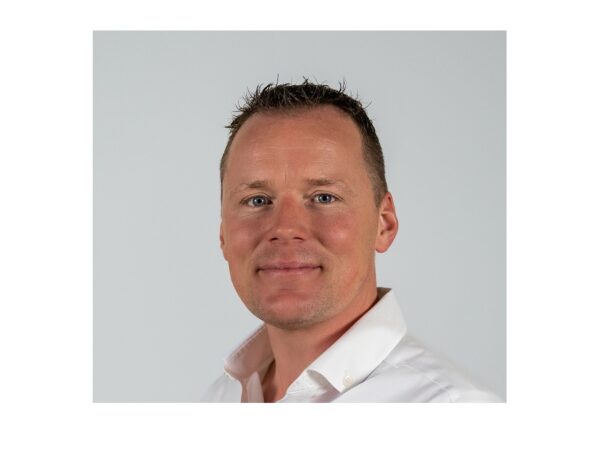
Leader: Ralf Zaal, Descin

Co-leader: Geert D'Haens, Amsterdam UMC
Dissemination, Exploitation and Communication
The overall aim of WP6 is to maximise the scientific, economic, and societal impacts of METHYLOMIC by implementing appropriate strategies for dissemination, exploitation and communication, and setting-up stakeholder workshops and cutting-edge trainings.
The activities of this WP are governed by a shared consortium level plan for the dissemination and exploitation of the results. The project and its results will be promoted via a series of communication activities specifically aimed at relevant target groups. Stakeholder engagement, training and sustainability activities complement the dissemination and exploitation plan and further enhance the expected impacts of METHYLOMIC.
Dr Tommaso L. Parigi (San Raffaele Hospital and University in Milan) will coordinate all measures to maximise impact and lead WP6. With his track-record, Dr Parigi is well equipped to roll-out the dissemination, exploitation and communication strategies and chair the Dissemination, Exploitation, and Intellectual Property Committee (DEIPC). This committee has a key role in the management of innovations and will advise on the management of knowledge, intellectual property and on other innovation-related activities in the project. The DEIPC will consist of representatives of the partners’ technological transfer departments and all Work Package leaders. The WP6 team will be assisted by communication experts from the participating universities, ECCO and EFCCA to complement activities with narratives and visualisations as much as possible. In addition, a Patient Advisory Council will be established.

Leader: Tommaso L. Parigi, San Raffaele Hospital and University

Co-leader: Maria Stella de Rocchis, EFCCA
Single-cell DNA methylomics
The overall aim of this work is to discover how DNA methylome-based biomarkers predict therapy response. What cell in blood is responsible, and what genes determine response in each individual patient? While DNA methylation measured on bulk material is useful for biomarker discovery, it is unclear what the biological relevance is epigenetic markers to the disease process. Such mechanistic insight helps acceptance of our therapy guidance platform. To disentangle cell-specific differences in DNA methylation, we will study the DNA methylome of individual cells. However, since no single-cell DNA methylation reference of peripheral blood currently exists, measuring DNA methylation in single cells remains challenging as we would have no way of annotating the individual cells. However, many datasets are accessible to date of annotated single-cell transcriptomic profiles in similar blood cells, which we will use for this purpose. Accordingly, our setup delivers a single-cell multi-omic map where both the DNA methylome and the transcriptome of the same cell is assayed. This approach provides unique insight into how cellular differences in DNA methylation are associated with transcriptional differences; what cell contributes what to the disease process. We seek to understand whether the previously identified response-associated DNA methylation biomarkers relevant for gene transcription differences-to make our prediction even more specific and effective.
Single cell methylome and transcriptomes related to the predictor CpGs (methylation of the cytosine base at a CG dinucleotide position) for each of the three studied biologicals in CD.
Amsterdam University Medical Centres – location AMC, University of Oxford – Nuffield Department of Experimental Medicine Division, and Diagenode hold ample experience with single-cell transcriptomics as well as epigenomic analyses separately, and together with Horaizon, we are well able to interpret multiomic analyses.

Leader: Andrew Li Yim, Amsterdam UMC
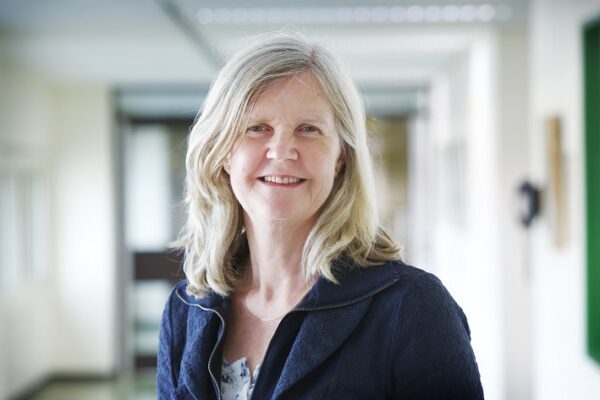
Co-leader: Anje te Velde, Amsterdam UMC
Extrapolation to Rheumatoid Arthritis and Psoriasis
The overall aim of this WP is to confirm the potential of DNA methylation markers for the prediction of biological therapy success in RA and PsO. Similar to CD, biological therapies are also partly effective for RA. However, remission upon biological therapy is achieved in less than 50% of RA cases. For PsO, biological therapy success is better, but a stratification is certainly needed as well. There are limited tools to help clinicians select the most appropriate biological for these patients. A pilot study conducted at AMC and Reade Amsterdam, identified epigenetic marks in RA patients (50 responders vs. 43 non-responders) that predict biological therapy response in patients treated with anti-TNF. Our prior work on CD patients make it logical to establish discovery and validation cohorts to identify patterns of epigenetic biomarkers in the blood of patients with RA, similar as to CD. Three centres of expertise in RA and renowned clinical trial units are committed to collaborate in this work.
Sampling (n=400) from discovery and validation RA and PsO cohorts completed, predictive algorithms validated, and methylation assays designed.
Three clinical RA and PsO centers of expertise (Instituto de Medicina Molecular João Lobo Antunes, Ghent University, and Amsterdam University Medical Centres – location AMC) with ongoing cohort studies of patients on 3 commonly prescribed biologicals.
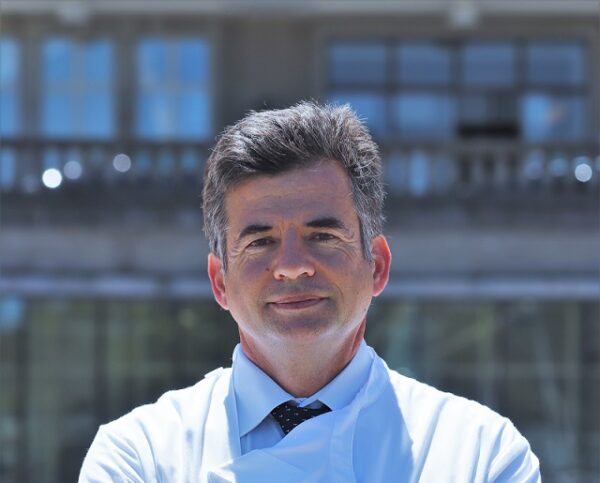
Leader: João Eurico Fonseca, Instituto de Medicina Molecular Joao Lobo Antunes

Co-leader: Marleen van de Sande, Amsterdam UMC
Prospective clinical trial for targeted therapy in CD patients
The overall aim of WP3 is to ensure the successful implementation and completion of the prospective randomised clinical trial for individualised therapy in CD patients. This can be split into the following objectives:
378 patients with CD have been enrolled in the trial by 54 sites across 6 countries.
Experienced clinical sites, a clinical research organization and patients will team-up with proven successes in CD trials (Amsterdam University Medical Centres – location AMC, Alimentiv, BIRD Group, King’s College London, Vita-Salute San Raffaele University, University of Szeged, University Medical Centre Ljubljana, and European Federation of Crohn’s & Ulcerative Colitis Associations).

Leader: Kristina Gecse, Amsterdam UMC

Co-leader: Geert D'Haens, Amsterdam UMC
Rapid NGS targeted methylation assay development
The overall aim of this WP is to develop a targeted methylation assay that will be useful in clinical use, that could work as a Companion Diagnostic. Such an assay will be used in a clinical trial in CD patients in WP3 that will put our idea to the test in clinical practice by the treating physicians by using an app device.
Validated predictive biomarker assay, aligned with regulatory requirements and ready for use in the clinical trial.
Five dedicated Small and medium-sized enterprises with complementary know-how in diagnostic assay development (Genome Diagnostics [GenDx]), epigenetics (Diagenode), DNA target enrichment (Twist Bioscience), machine learning (Horaizon), and IVD regulation (Asphalion).

Leader: Bram Luiken, Gendx
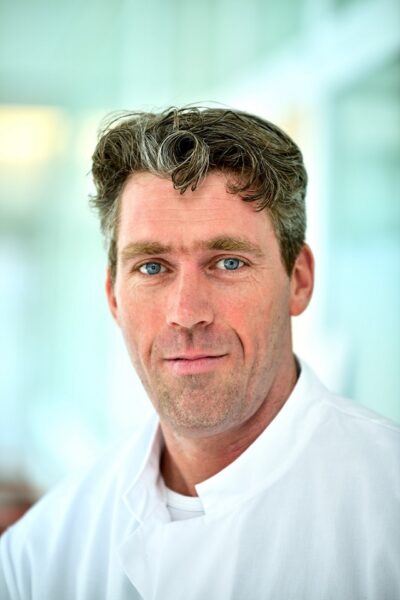
Co-leader: Wouter de Jonge, Amsterdam UMC
Bioinformatics and algorithm development
The main aim of this WP is to generate, improve and refine the algorithms capable of predicting response to biological treatment based on epigenetic DNA methylation markers that we found to discriminate responders from non-responders to treatment with 3 different mainstream biologicals in CD. Further, we also test the validity of this approach in Rheumatoid Arthritis (RA) and Psoriasis (PsO). This work is built on an earlier study in 240 patients (performed together with researchers from Radcliff Hospital at Oxford University) in it was found that epigenetic biomarkers can indeed be used to guide personalized medication in these chronic immune diseases.
Calibrated and validated models for each biological used for CD, RA and PsO.
A sound combination of geneticists, bioinformaticians (Amsterdam University Medical Centres – location AMC and University of Oxford – Nuffield Department of Experimental Medicine Division) and a deep-tech company (Horaizon) with a solid track record in machine learning methods applied in previous CD and RA cohorts.

Leader: Jack Satsangi, University of Oxford - Nuffield Department of Experimental Medicine Division
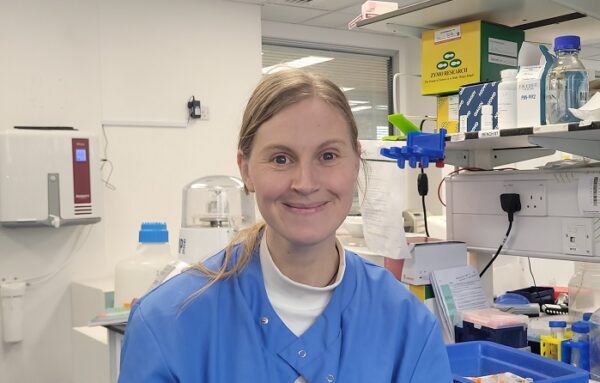
Co-leader: Alexandra Noble, University of Oxford - Nuffield Department of Experimental Medicine Division